General information about sub-specialty
Epilepsy, epileptic seizures, and their mimics, such as syncope, falls, or acute confusional states, are frequent causes of emergency department admissions. Beyond its acute presentation, epilepsy is a common comorbidity of numerous neurological, psychiatric, and medical disorders, as well as most neuropediatric diseases; indeed, seizures can often be the presenting symptom of these disorders. The clinical paradigm has shifted: the era of "watchful waiting" for recurrence of suspected seizures or transient neurological alterations has passed. Instead, we advocate for proactive diagnostic rigour to achieve rapid control over future, potentially harmful events. Consequently, our panel is dedicated to identifying, validating, and disseminating evidence-based diagnostic and management guidelines.
For patients where epilepsy is confirmed and there is resistance to anti-seizure medications, advanced interventions should be considered without delay. This requires in-depth evaluation using video-EEG telemetry, high-resolution brain imaging, and genetic testing to assess candidacy for epilepsy surgery and advanced therapies. Where surgery is not possible, alternative options, such as neurostimulation devices and dietary therapies, need to be considered.
We also focus on new and rapidly developing areas in the field. These include acute symptomatic seizures (e.g., post-stroke seizures), autoimmune-associated epilepsy, epileptogenesis (the development of epilepsy), status epilepticus, gene and cell therapies and the prevention of Sudden Unexpected Death in Epilepsy (SUDEP). Furthermore, we are using a data-driven approach to address the organisation and delivery of care and to tackle social issues such as driving regulations. Finally, we take a lifespan view of care: meeting the specific needs of women with epilepsy, managing the transition from paediatric to adult care, and advancing epilepsy care in older adults. The challenges ahead are considerable, but we are committed to driving these changes forward.
About the EAN Scientific Panel Epilepsy
The epilepsy SP actively promotes and supports epilepsy-related issues as well as educational and scientific activities within the framework of EAN.
The panel substantially contributes to the Scientific Programme at EAN congresses and other EAN educational activites. It develops clinical guidelines in collaboration with other European medical associations, including ILAE-Europe, European Academy of Nuclear Medicine, the European Sleep Research Society and the European Paediatric Neurology Society.
Group members, including the RRFS members, are strongly encouraged to engage in the activities promoted by the panel and to contribute to the sharing of advances in the field of epilepsy via the Breaking News and Neurology Update sections of the EAN website, and to engage in the activities promoted by the panel.
Individual panel members
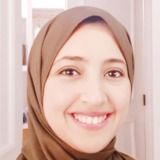
Panel Member (Individual)

Panel Member (Individual)

Panel Member (Individual)

Panel Member (Individual)
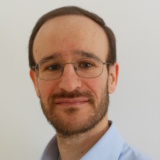
Panel Member (Individual)

Panel Member (Individual)

Panel Member (Institution)

Panel Member (Individual)
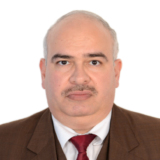
Panel Member (Individual)

Panel Member (Individual)

Panel Member (Institution)

Panel Member (Individual)
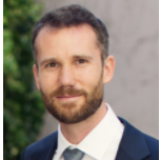
Panel Member (Individual)

Panel Member (Individual)
Panel Member (Individual)

Panel Member (Individual)
Panel Member (Individual)

Panel Member (Individual)

Panel Member (Individual)
Panel Member (Individual)
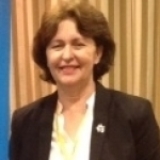
Panel Member (Individual)

Panel Member (Individual)
Panel Member (Individual)

Panel Member (Individual)
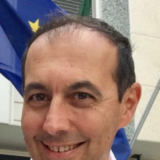
Panel Member (Individual)

Panel Member (Individual)

Panel Member (Individual)

Panel Member (Individual)

Panel Member (Individual)

Panel Member (Individual)

Panel Member (Individual)

Panel Member (Individual)
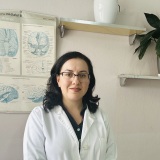
Panel Member (Individual)
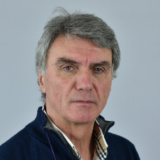
Panel Member (Individual)

Panel Member (Individual)

Panel Member (Individual)

Panel Member (Individual)

Panel Member (Institution)
Panel Member (Individual)
Panel Member (Individual)
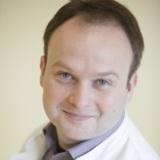
Panel Member (Individual)

Panel Member (Individual)

Panel Member (Individual)

Panel Member (Individual)

Panel Member (Individual)
Panel Member (Individual)

Panel Member (Individual)

Panel Member (Individual)

Panel Member (Individual)
RRFS members
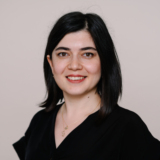
RRFS Member
RRFS Member

RRFS Member
RRFS Member
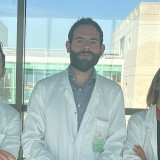
RRFS Member
RRFS Member

RRFS Member

RRFS Member

RRFS Member
RRFS Member
RRFS Member
RRFS Member

RRFS Member
RRFS Member
RRFS Member
RRFS Member
RRFS Member
RRFS Member
RRFS Member

RRFS Member
RRFS Member
RRFS Member
RRFS Member

RRFS Member

RRFS Member
RRFS Member
RRFS Member

RRFS Member
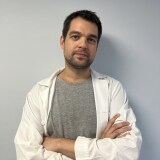
RRFS Member
RRFS Member
RRFS Member
RRFS Member
RRFS Member

RRFS Member
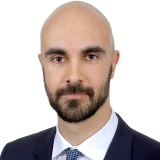
RRFS Member
RRFS Member
RRFS Member
Student Member
Student Member
Student Member

Student Member
Student Member

Student Member
Student Member

Student Member
Partner Society Representatives
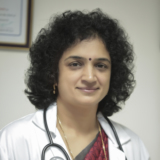
AOAN Representative

EPNS representative
Institutional panel members
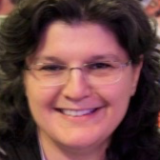
Panel Member (Institution)

Panel Member (Institution)

Panel Member (Institution)
Panel Member (Institution)

Panel Member (Institution)

Panel Member (Institution)

Panel Member (Institution)

Panel Member (Institution)

Panel Member (Institution)

Panel Member (Institution)

Panel Member (Institution)
Panel Member (Institution)

Panel Member (Institution)

Panel Member (Institution)

Panel Member (Institution)

Panel Member (Institution)

Panel Member (Institution)

Panel Member (Institution)

Panel Member (Institution)

Panel Member (Institution)

Panel Member (Institution)
Panel Member (Institution)

Panel Member (Institution)
Panel Member (Institution)
RRFS Member

Panel Member (Institution)
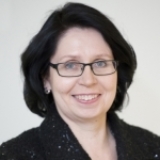
Management Group Member
Panel Member (Institution)
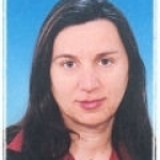
Panel Member (Institution)

Panel Member (Institution)

Panel Member (Individual)

Panel Member (Institution)

Panel Member (Institution)

Panel Member (Institution)
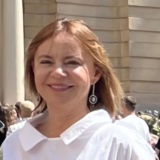
Panel Member (Institution)

Panel Member (Institution)
Panel Member (Institution)

Panel Member (Institution)

Panel Member (membership pending)

Panel Member (Institution)

Panel Member (Institution)

Panel Member (Institution)
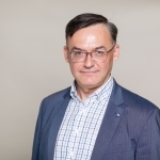
Panel Member (Institution)

Panel Member (Institution)
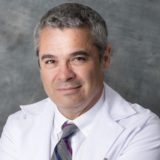
Panel Member (Institution)

Panel Member (Institution)

Panel Member (Institution)
Panel Member (Institution)

Panel Member (Institution)
Panel Member (Institution)
Panel Member (Institution)
Panel Member (Institution)

Panel Member (Institution)

Panel Member (Institution)

Panel Member (Institution)

Panel Member (Institution)
Panel Member (Institution)
Panel Member (Institution)

Panel Member (Institution)



